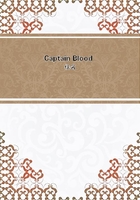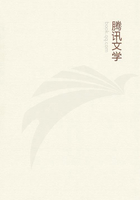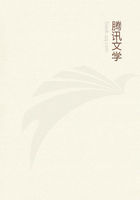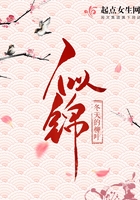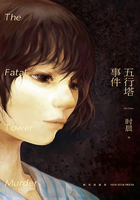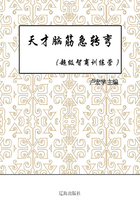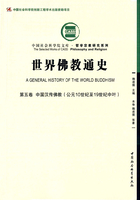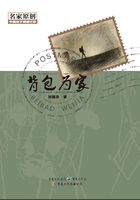There are, of course, in every calling, those who go about the work of the day before them, doing it according to the rules of their craft, and asking no questions of the past or of the future, or of the aim and end to which their special labor is contributing. These often consider and call themselves practical men. They pull the oars of society, and have no leisure to watch the currents running this or that way; let theorists and philosophers attend to them. In the mean time, however, these currents are carrying the practical men, too, and all their work may be thrown away, and worse than thrown away, if they do not take knowledge of them and get out of the wrong ones and into the right ones as soon as they may. Sir Edward Parry and his party were going straight towards the pole in one of their arctic expeditions, travelling at the rate of ten miles a day. But the ice over which they travelled was drifting straight towards the equator, at the rate of twelve miles a day, and yet no man among them would have known that he was travelling two miles a day backward unless he had lifted his eyes from the track in which he was plodding. It is not only going backward that the plain practical workman is liable to, if he will not look up and look around; he may go forward to ends he little dreams of. It is a simple business for a mason to build up a niche in a wall; but what if, a hundred years afterwards when the wall is torn down, the skeleton of a murdered man drop out of the niche? It was a plain practical piece of carpentry for a Jewish artisan to fit two pieces of timber together according to the legal pattern in the time of Pontius Pilate; he asked no questions, perhaps, but we know what burden the cross bore on the morrow! And so, with subtler tools than trowels or axes, the statesman who works in policy without principle, the theologian who works in forms without a soul, the physician who, calling himself a practical man, refuses to recognize the larger laws which govern his changing practice, may all find that they have been building truth into the wall, and hanging humanity upon the cross.
The truth is, that medicine, professedly founded on observation, is as sensitive to outside influences, political, religious, philosophical, imaginative, as is the barometer to the changes of atmospheric density. Theoretically it ought to go on its own straightforward inductive path, without regard to changes of government or to fluctuations of public opinion. But look a moment while I clash a few facts together, and see if some sparks do not reveal by their light a closer relation between the Medical Sciences and the conditions of Society and the general thought of the time, than would at first be suspected.
Observe the coincidences between certain great political and intellectual periods and the appearance of illustrious medical reformers and teachers. It was in the age of Pericles, of Socrates, of Plato, of Phidias, that Hippocrates gave to medical knowledge the form which it retained for twenty centuries. With the world- conquering Alexander, the world-embracing Aristotle, appropriating anatomy and physiology, among his manifold spoils of study, marched abreast of his royal pupil to wider conquests. Under the same Ptolemies who founded the Alexandrian Library and Museum, and ordered the Septuagint version of the Hebrew Scriptures, the infallible Herophilus ["Contradicere Herophilo in anatomicis, est contradicere evangelium," was a saying of Fallopius.] made those six hundred dissections of which Tertullian accused him, and the sagacious Erasistratus introduced his mild antiphlogistic treatment in opposition to the polypharmacy and antidotal practice of his time.
It is significant that the large-minded Galen should have been the physician and friend of the imperial philosopher Marcus Aurelius.
The Arabs gave laws in various branches of knowledge to those whom their arms had invaded, or the terror of their spreading dominion had reached, and the point from which they started was, as Humboldt acknowledges, "the study of medicine, by which they long ruled the Christian Schools," and to which they added the department of chemical pharmacy.
Look at Vesalius, the contemporary of Luther. Who can fail to see one common spirit in the radical ecclesiastic and the reforming court-physician? Both still to some extent under the dominion of the letter: Luther holding to the real presence; Vesalius actually causing to be drawn and engraved two muscles which he knew were not found in the human subject, because they had been described by Galen, from dissections of the lower animals. Both breaking through old traditions in the search of truth; one, knife in hand, at the risk of life and reputation, the other at the risk of fire and fagot, with that mightier weapon which all the devils could not silence, though they had been thicker than the tiles on the house-tops. How much the physician of the Catholic Charles V. had in common with the great religious destructive, may be guessed by the relish with which he tells the story how certain Pavian students exhumed the body of an "elegans scortum," or lovely dame of ill repute, the favorite of a monk of the order of St. Anthony, who does not seem to have resisted temptation so well as the founder of his order. We have always ranked the physician Rabelais among the early reformers, but I do not know that Vesalius has ever been thanked for his hit at the morals of the religious orders, or for turning to the good of science what was intended for the "benefit of clergy."
Our unfortunate medical brother, Michael Servetus, the spiritual patient to whom the theological moxa was applied over the entire surface for the cure of his heresy, came very near anticipating Harvey. The same quickened thought of the time which led him to dispute the dogma of the Church, opened his mind to the facts which contradicted the dogmas of the Faculty.

